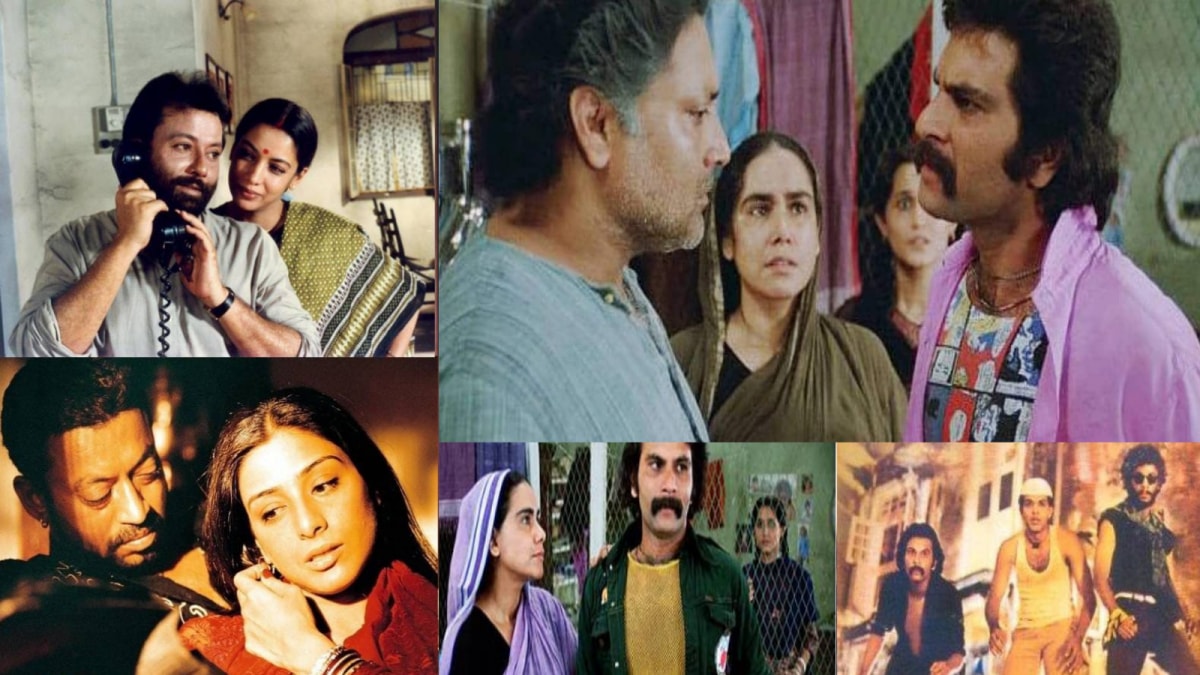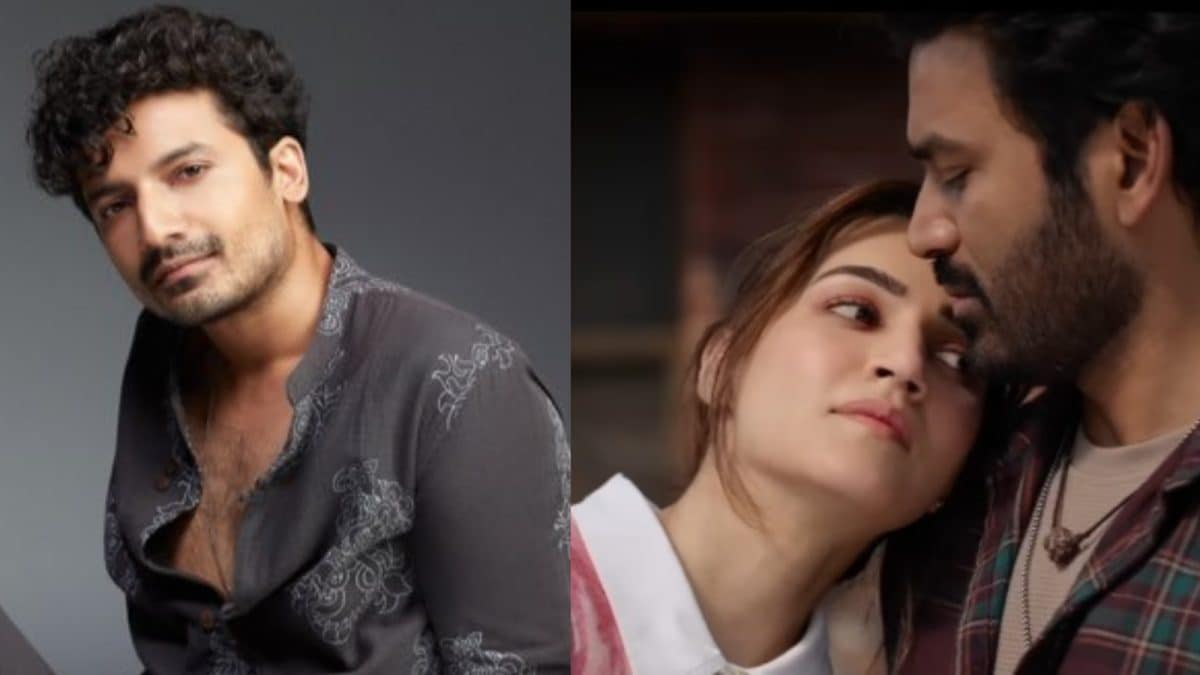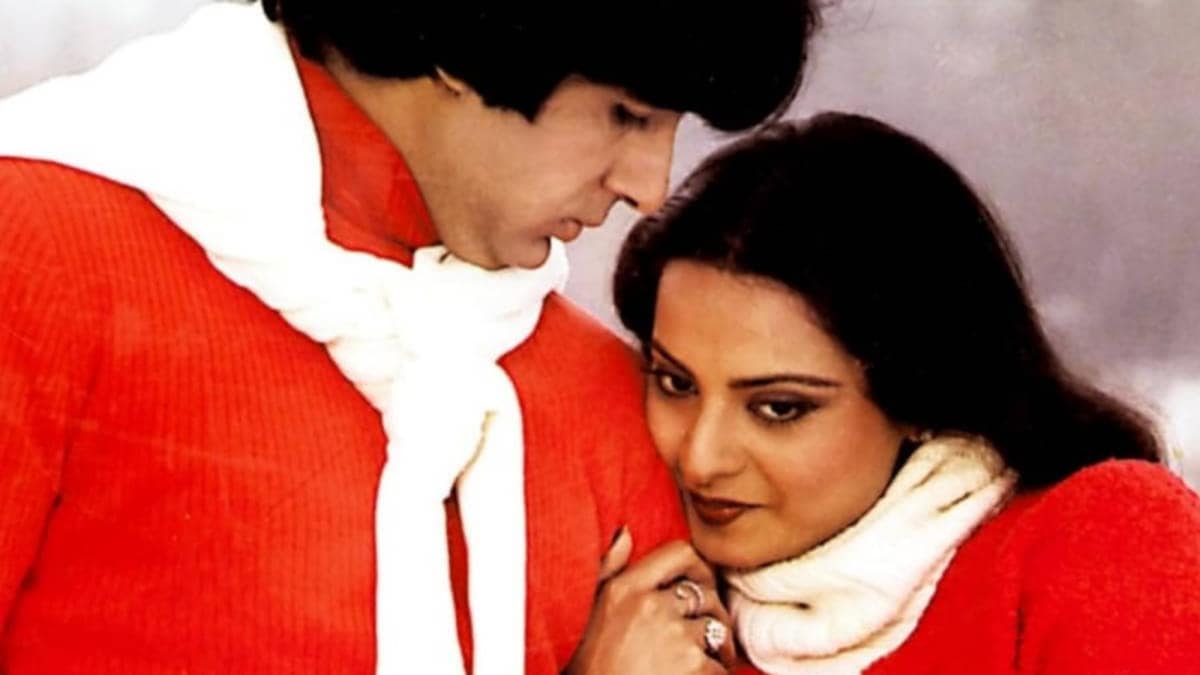
There are generally two kinds of cinema: one that serves as pure entertainment, films we watch without much thought, and another that demands our time and full attention. These are what we often refer to as meaningful films.
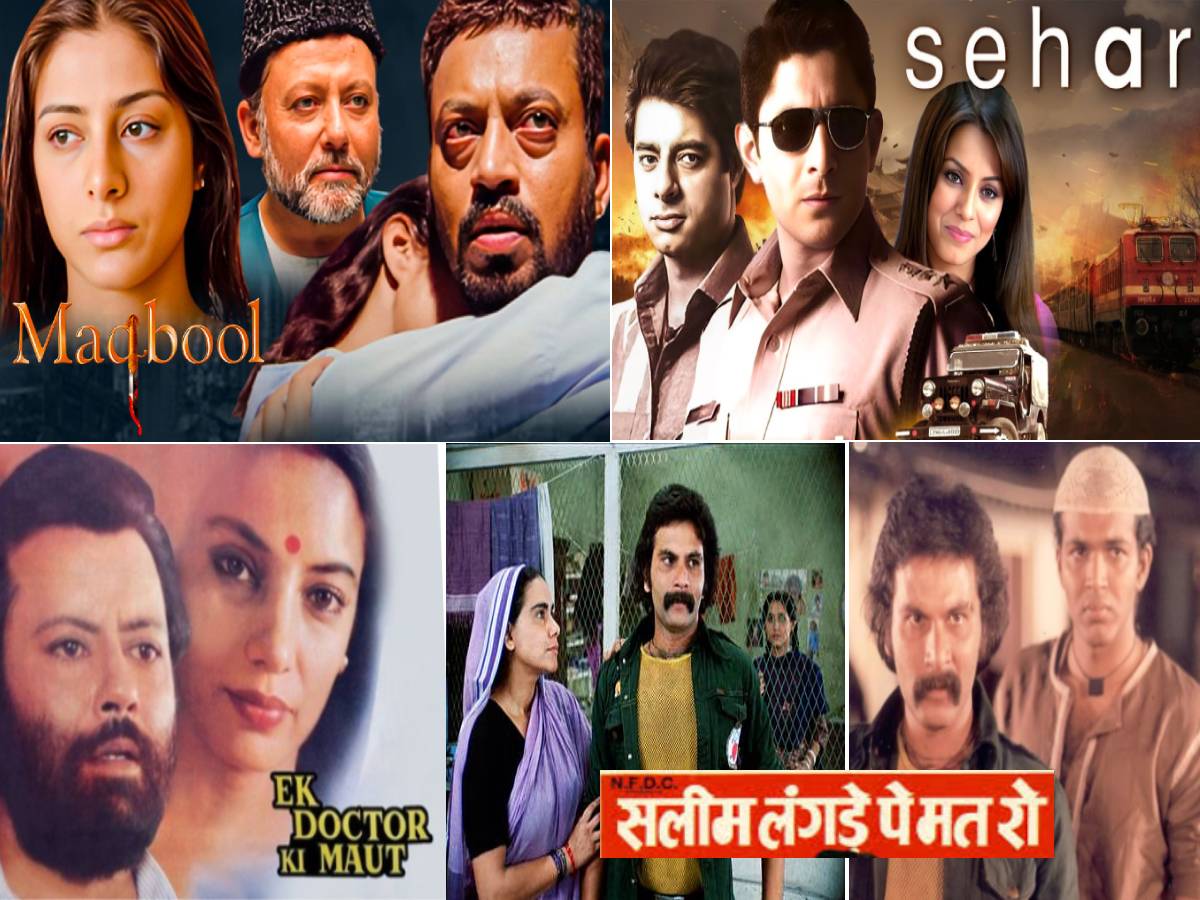
There are countless Bollywood films that, despite being watched repeatedly, still leave us wanting more. Many of these didn’t fare particularly well at the box office, yet their significance has grown over time. Between 1989 and 2005, four such films were released, Salim Langde Pe Mat Ro (1989), Ek Doctor Ki Maut (1990), Maqbool (2003), and Sehar (2005), each now considered a cult classic. No matter how many times you revisit these films, they never quite quench the thirst of the heart or satisfy the curiosity of the mind.
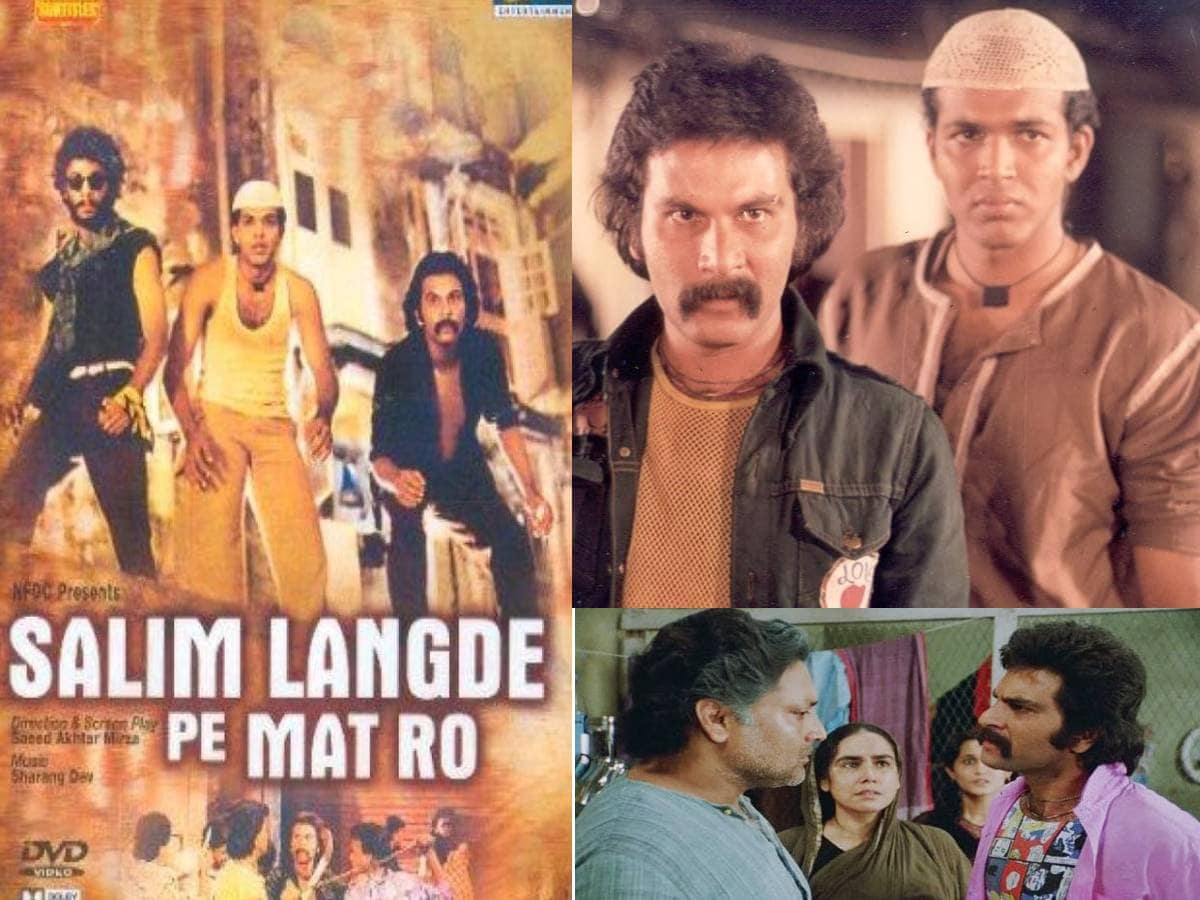
Salim Langde Pe Mat Ro (1989): This film, released in 1989, starred Pawan Malhotra in the lead role. The film was originally written by Saeed Akhtar Mirza with Naseeruddin Shah in mind, though the role ultimately went to Pawan Malhotra, who was working as a production manager at the time. In fact, this marked his debut as a lead actor, as he later revealed in an interview.
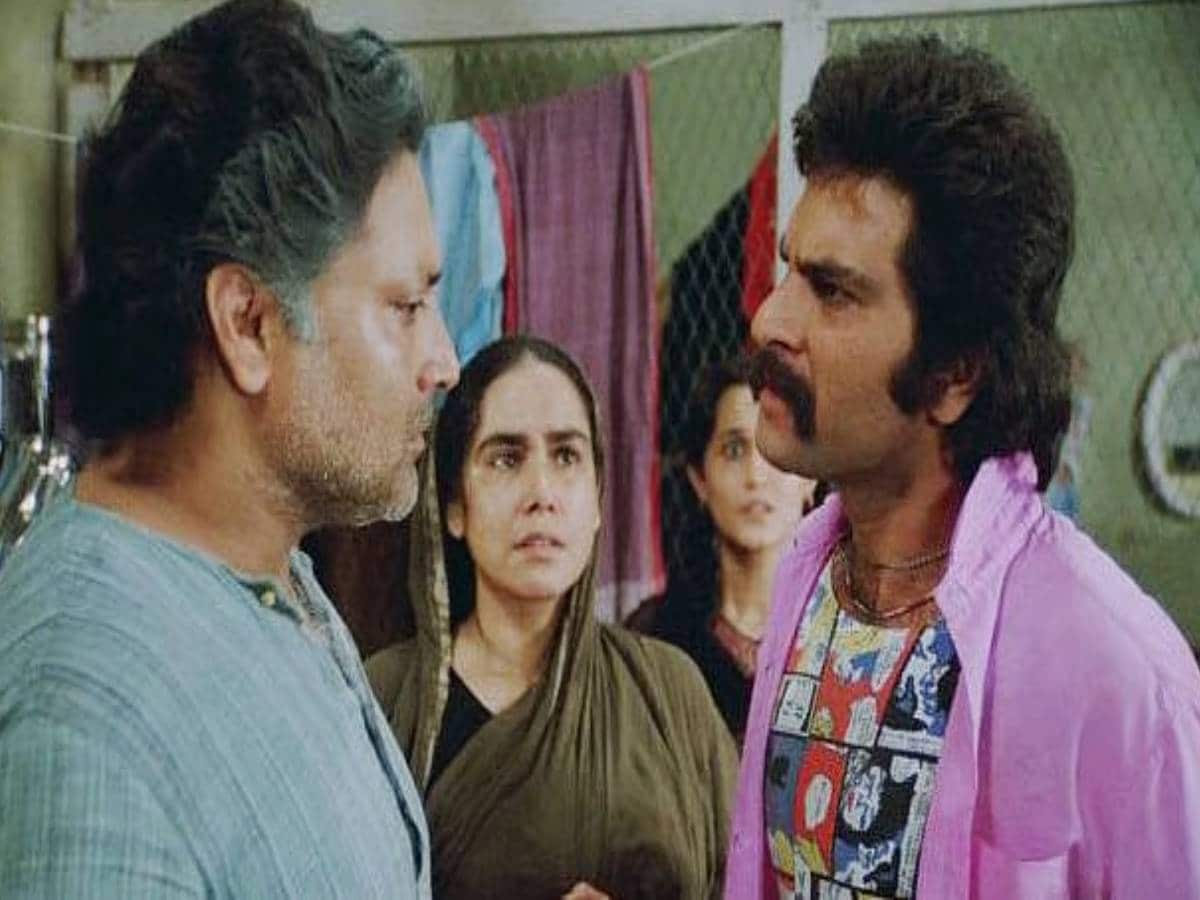
The film tells the story of Salim, a young man who, driven by poverty, enters the world of crime and becomes involved in extortion. Eventually, he realises the value of education and the world beyond his circumstances, seeking a fresh start, only to meet a tragic end. The audience is left to witness both his rise and his fall. With stark honesty, the film exposes social injustices and the systemic bias that fuels them, while portraying the struggles of poverty in a deeply human way. The film is currently available to watch on YouTube.
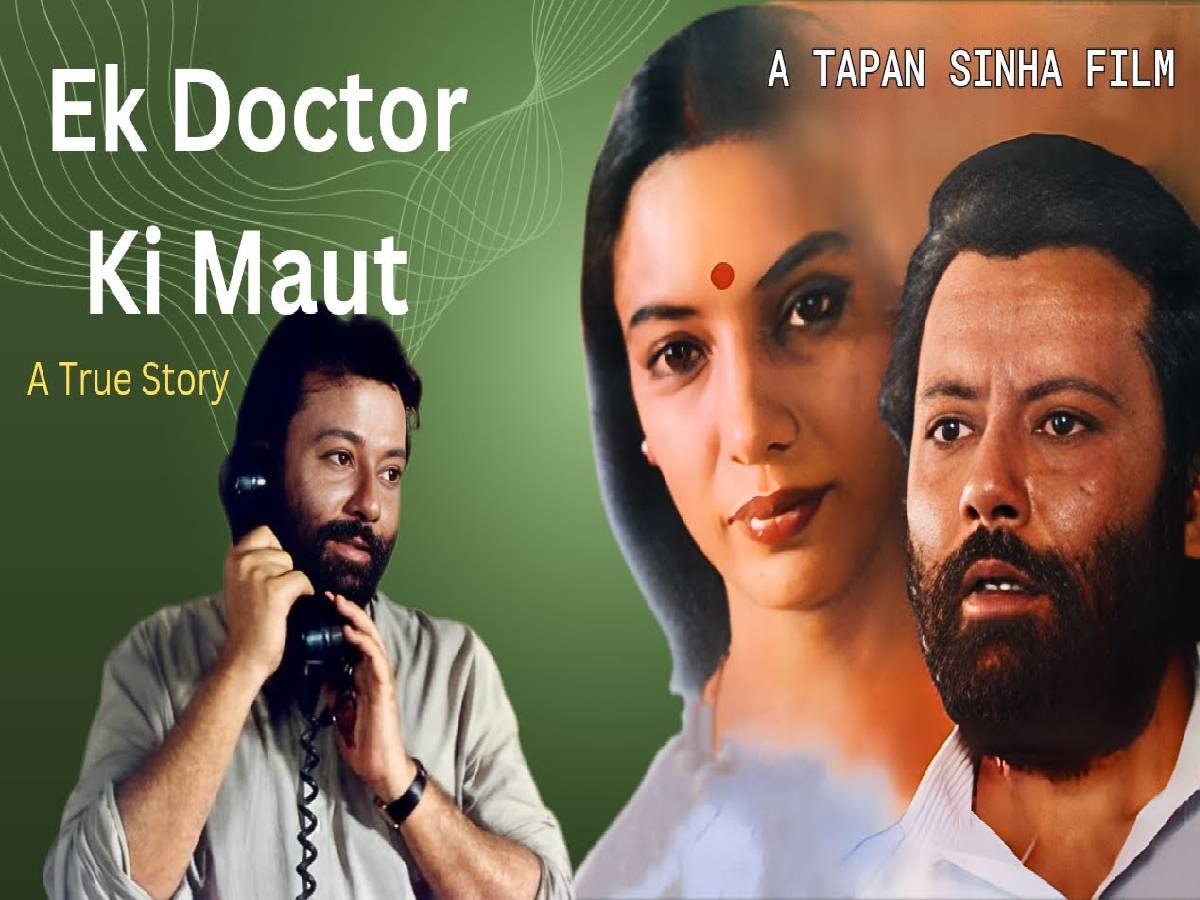
Ek Doctor Ki Maut (1990): In 1990, another powerful film was released: Ek Doctor Ki Maut. A science-based drama inspired by real events, it follows the life of Dr Subhash Mukhopadhyay, a medical researcher working on a vaccine for leprosy. Directed by Tapan Sinha, the film featured Pankaj Kapur in the lead role, portraying the doctor with exceptional nuance.
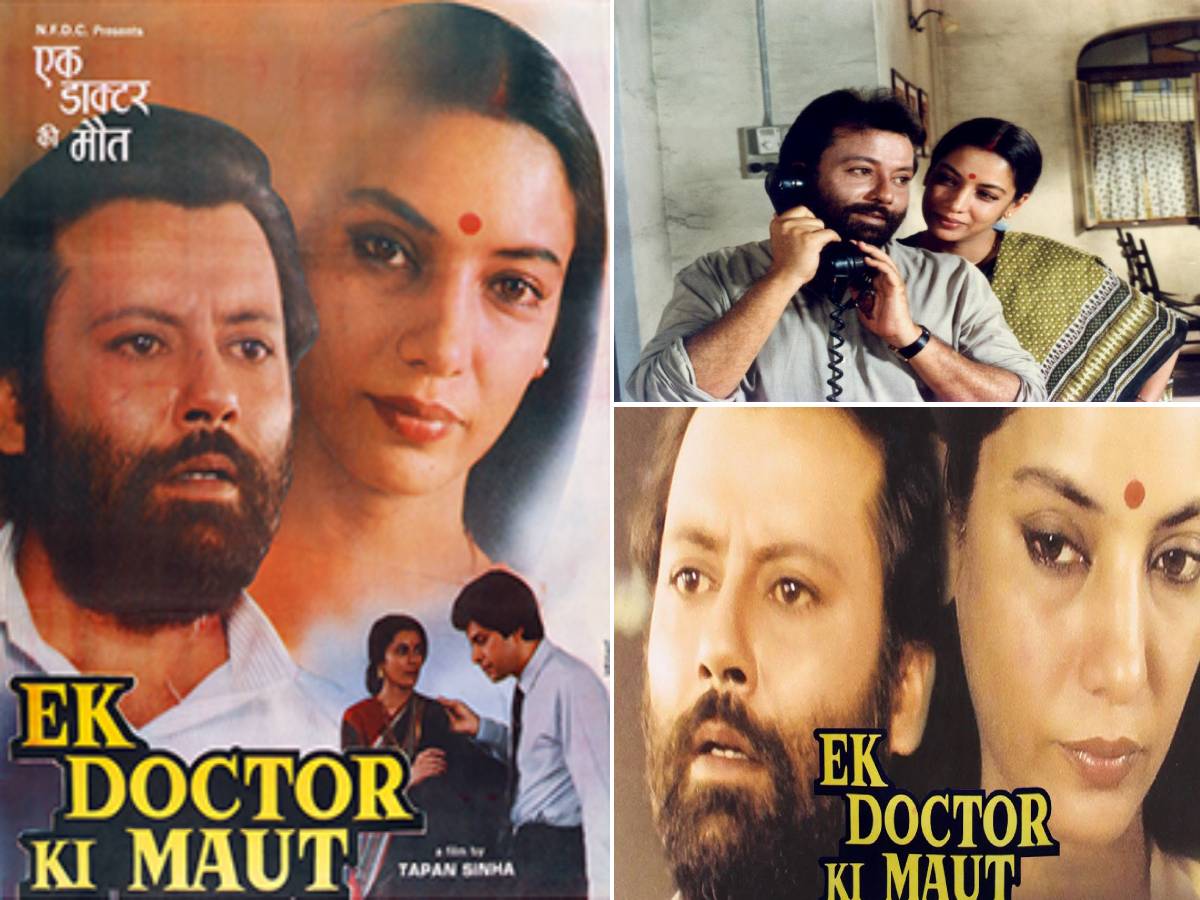
The narrative explores the emotional, social, and professional challenges faced during scientific discovery, alongside the dysfunction of government systems and prevailing corruption. The film shows how a dedicated doctor, eager to contribute to society, finds himself undermined by bureaucracy, alienated from his relationships, and ultimately broken by the very system he hoped to serve. Ek Doctor Ki Maut also featured Irrfan Khan and won two National Film Awards along with several Filmfare honours. It is available to watch on YouTube.
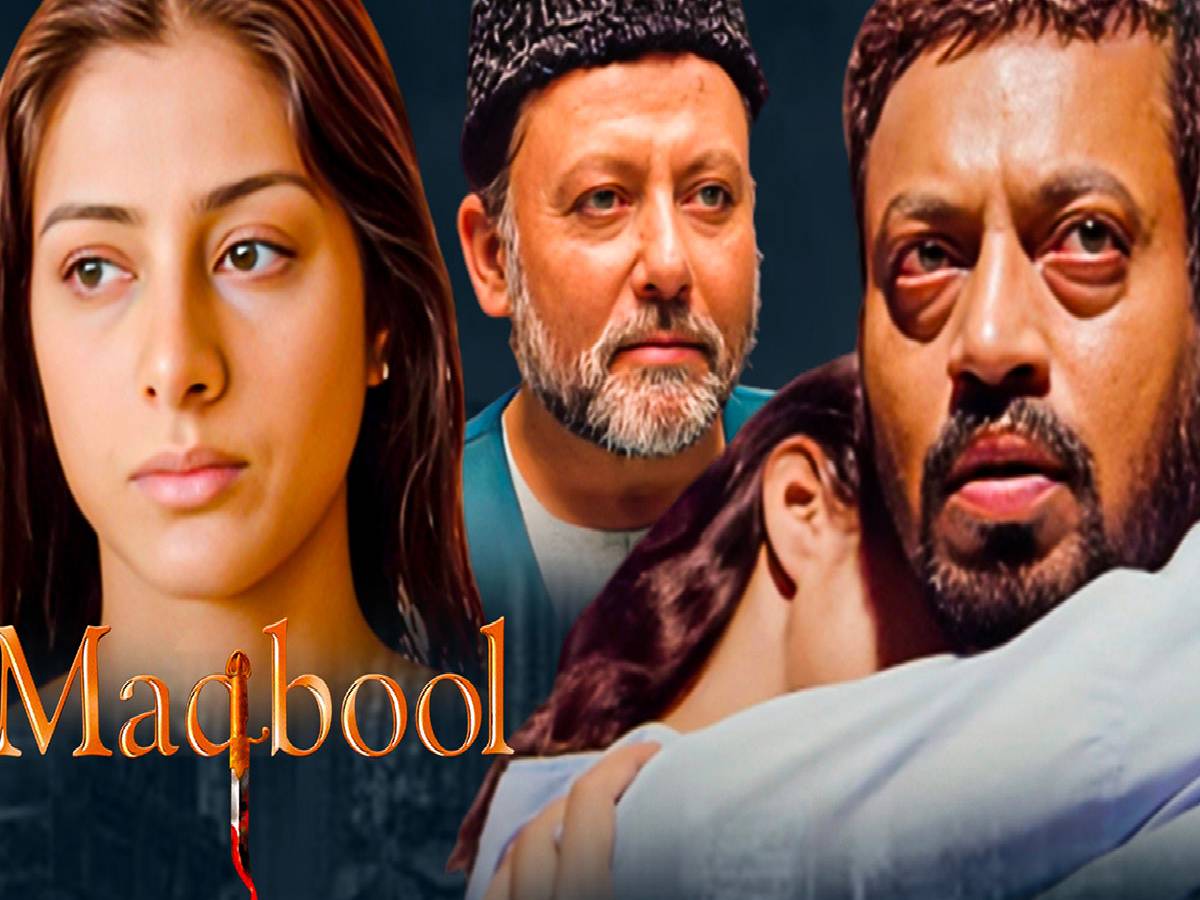
Maqbool (2003): Released on January 30, 2003, Maqbool is often hailed as one of Bollywood’s finest films. Despite a modest box office performance, the film is now celebrated as a masterpiece. Directed by Vishal Bhardwaj, the film stars an ensemble cast including Pankaj Kapur, Naseeruddin Shah, Irrfan Khan, Om Puri, Piyush Mishra, and Tabu.
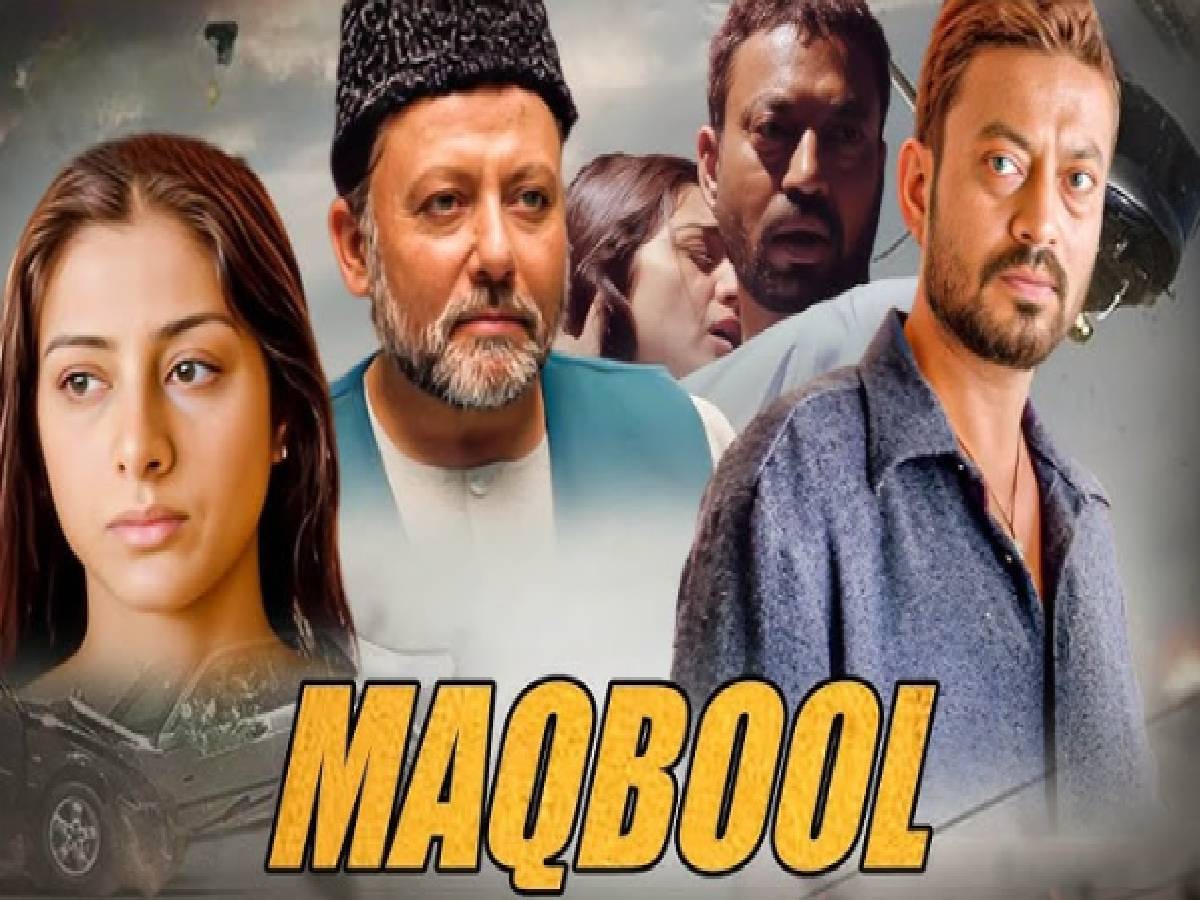
Adapted from Shakespeare’s Macbeth, the story is transposed into the grim underworld of Mumbai. Irrfan Khan plays Miyan Maqbool, the loyal right-hand man of crime lord Jehangir (aka Abbaji). Influenced by Abbaji’s mistress Nimmi, Maqbool is pushed into betrayal and ambition. Notably, Pankaj Kapur was initially slated to play a different role, and K.K. Menon was considered for Maqbool before Irrfan Khan was ultimately cast, a decision that helped establish Irrfan Khan as a formidable actor on the big screen.
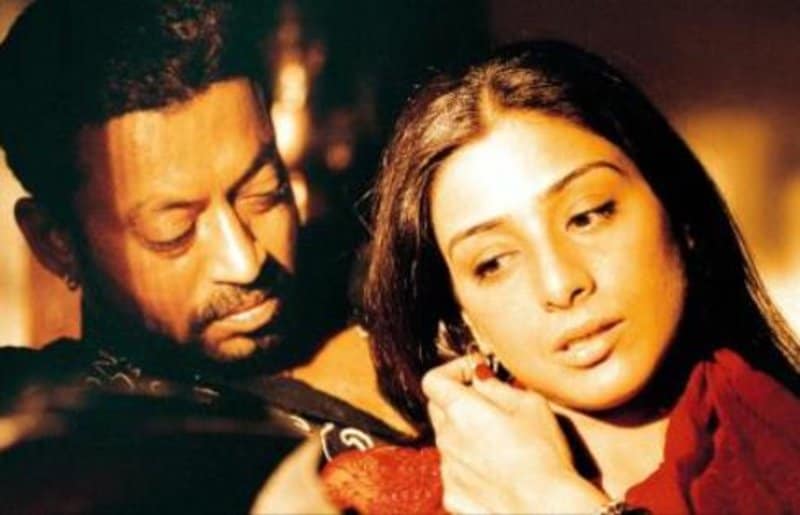
The screenplay was penned by Abbas Tyrewala, also known for writing hits like Main Hoon Na, Salaam Namaste, Munnabhai M.B.B.S. and Jaane Tu… Ya Jaane Na. Abbas Tyrewala even made a cameo appearance in the film.

Sehar (2005): In 2005, Sehar marked the arrival of yet another underrated gem, directed by Kabir Kaushik. Based on the life of Shriprakash Shukla, a notorious gangster from Gorakhpur, Uttar Pradesh, the film stood out for its raw realism and grounded storytelling. Sehar featured a strong cast, including Arshad Warsi, Pankaj Kapur, Mahima Chaudhry, Sushant Singh, and Rajendra Gupta. It resonated particularly well in northern India, becoming a cult favourite in regions such as Uttar Pradesh, Bihar, and Jharkhand. Two decades on, the film retains its freshness and impact.
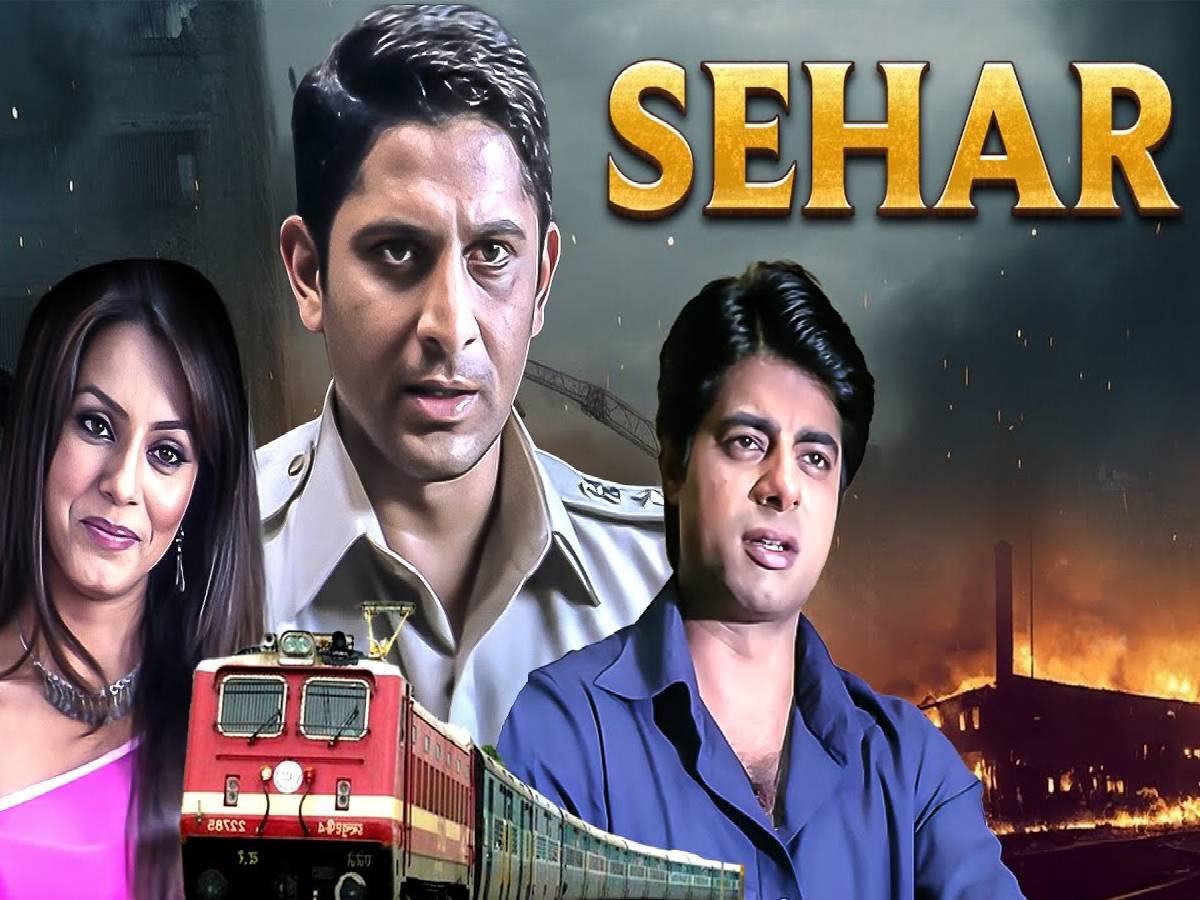
Arshad Warsi portrayed Arun Kumar, the SSP of Lucknow, a role inspired by real-life law enforcement efforts against crime. Shriprakash Shukla, born in Mamkhor village, came from a well-off family, his father served in the Air Force and later became a contractor in Gorakhpur. There are differing accounts about what sparked his descent into crime; while some claim it was to avenge the molestation of his sister, villagers suggest his first murder, of Rakesh Tiwari from nearby Chhapra, was driven by personal revenge, as Rakesh had assaulted him previously. Shukla later began extorting under the alias “Ashok Singh”.
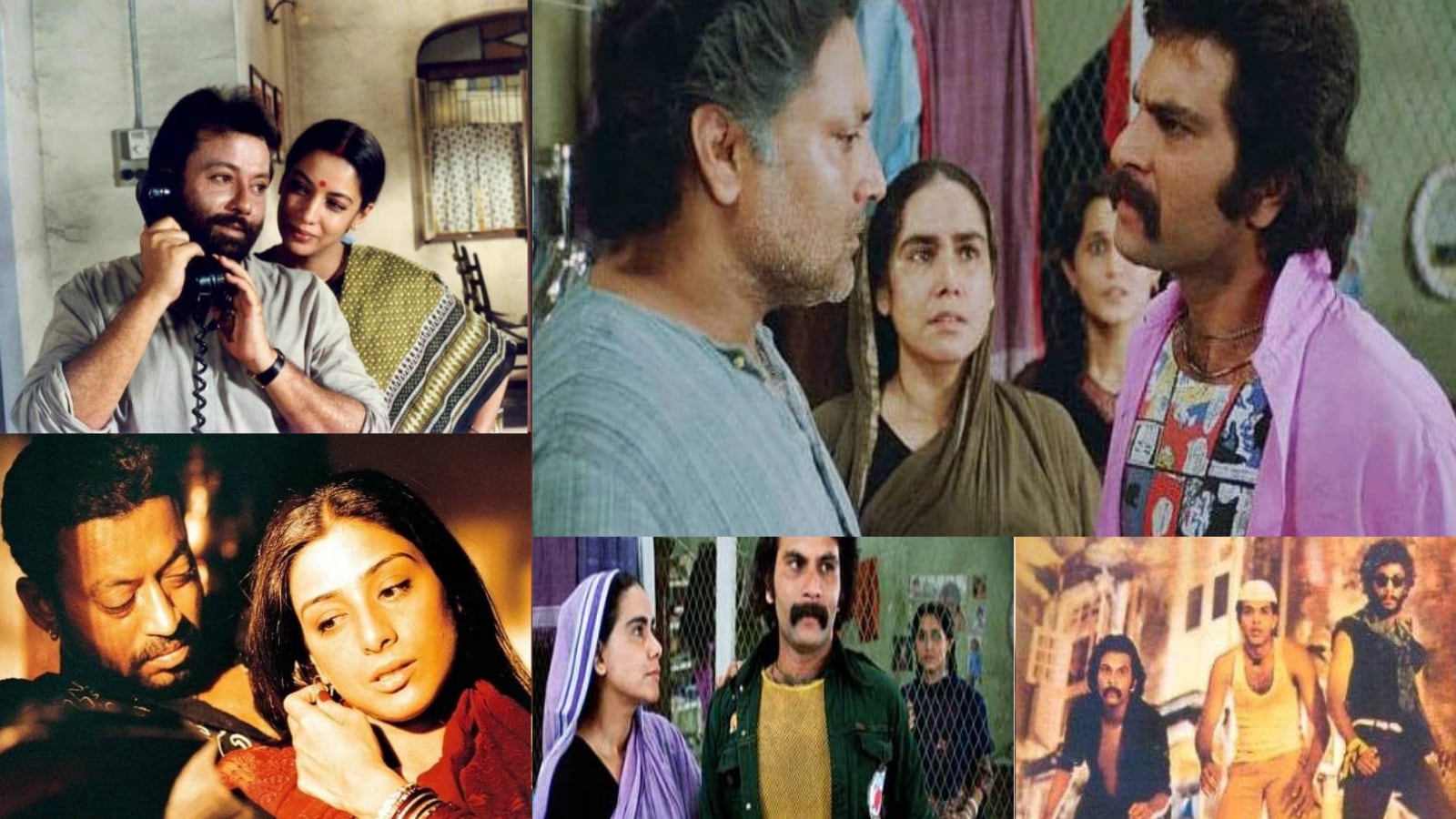
These four films, though often overlooked during their initial release, stand today as testaments to the power of cinema that dares to confront uncomfortable truths. They may not have raked in box office riches at the time, but they’ve earned something far more enduring: respect, relevance, and a lasting place in Indian film history.


